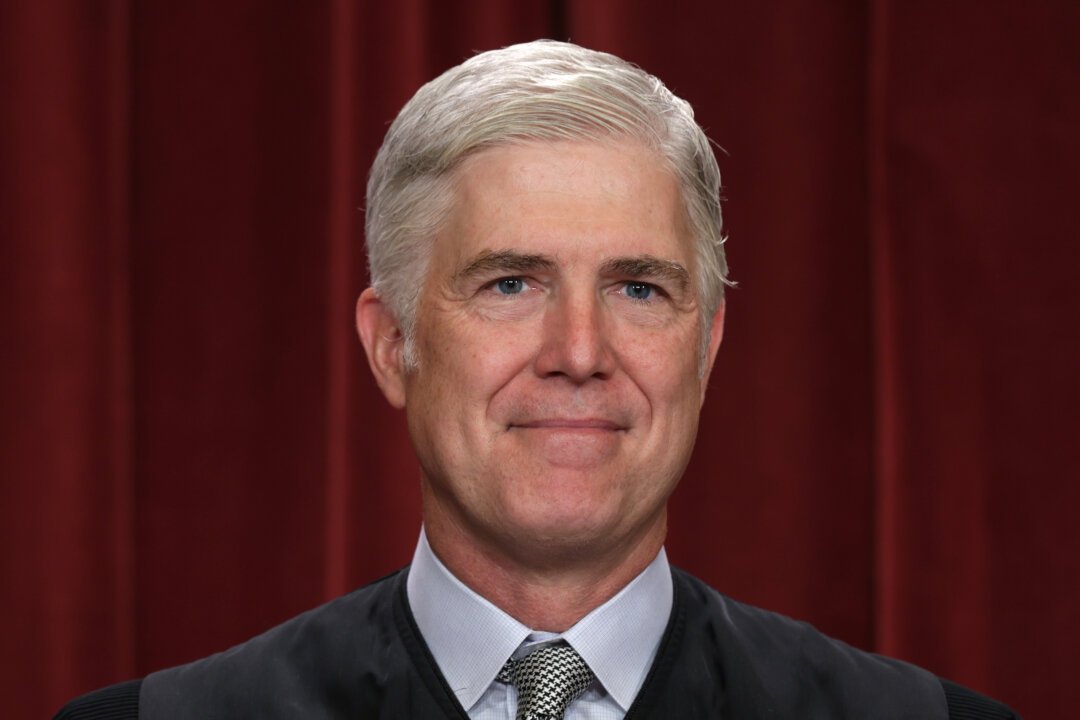
The Supreme Court’s recent decision in Medina v. Planned Parenthood has significantly altered the landscape of reproductive healthcare funding. The ruling, handed down on June 26th, grants states greater authority to restrict Medicaid funding for Planned Parenthood, the nation’s largest abortion provider.
The case stemmed from South Carolina’s efforts to block Medicaid dollars from reaching Planned Parenthood. Planned Parenthood and a patient challenged this move, arguing it violated federal Medicaid law, which ensures recipients can choose their healthcare providers. However, the Supreme Court disagreed.
The justices’ decision centers on the lack of a clear right for patients to sue under the specific provision of the Medicaid Act in question. While the Court acknowledged various arguments, including those referencing Section 1983 (which allows citizens to sue government entities for rights violations), the ruling ultimately limits the avenues for legal challenge against state-level defunding decisions.
This decision is expected to have wide-ranging consequences for access to reproductive healthcare services, particularly in states already enacting restrictive measures. The implications for Planned Parenthood and its patients remain to be seen as the legal ramifications unfold.

